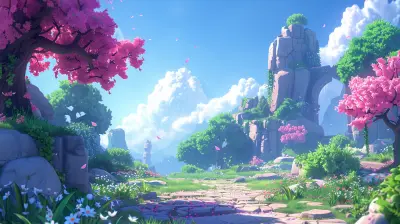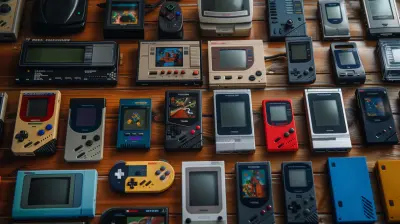Diving into Godot: Why It’s the Darling of the Indie Scene
16 October 2025
When it comes to game development, there’s a treasure trove of engines vying for attention—Unity, Unreal Engine, GameMaker, and so on. But if you’ve been hanging around the indie dev corners of the internet lately, there’s one name that keeps popping up more and more: Godot (pronounced guh-DOH, like the play Waiting for Godot, in case you were wondering).
Godot isn’t just another engine in the lineup. It's rapidly becoming the go-to choice for indie developers who want flexibility, freedom, and a solid set of tools without breaking the bank or locking themselves into a corporate ecosystem. But what exactly makes Godot the indie scene’s new best friend? Let’s dive into the nitty-gritty and see why this open-source engine is capturing hearts all over the pixelated world.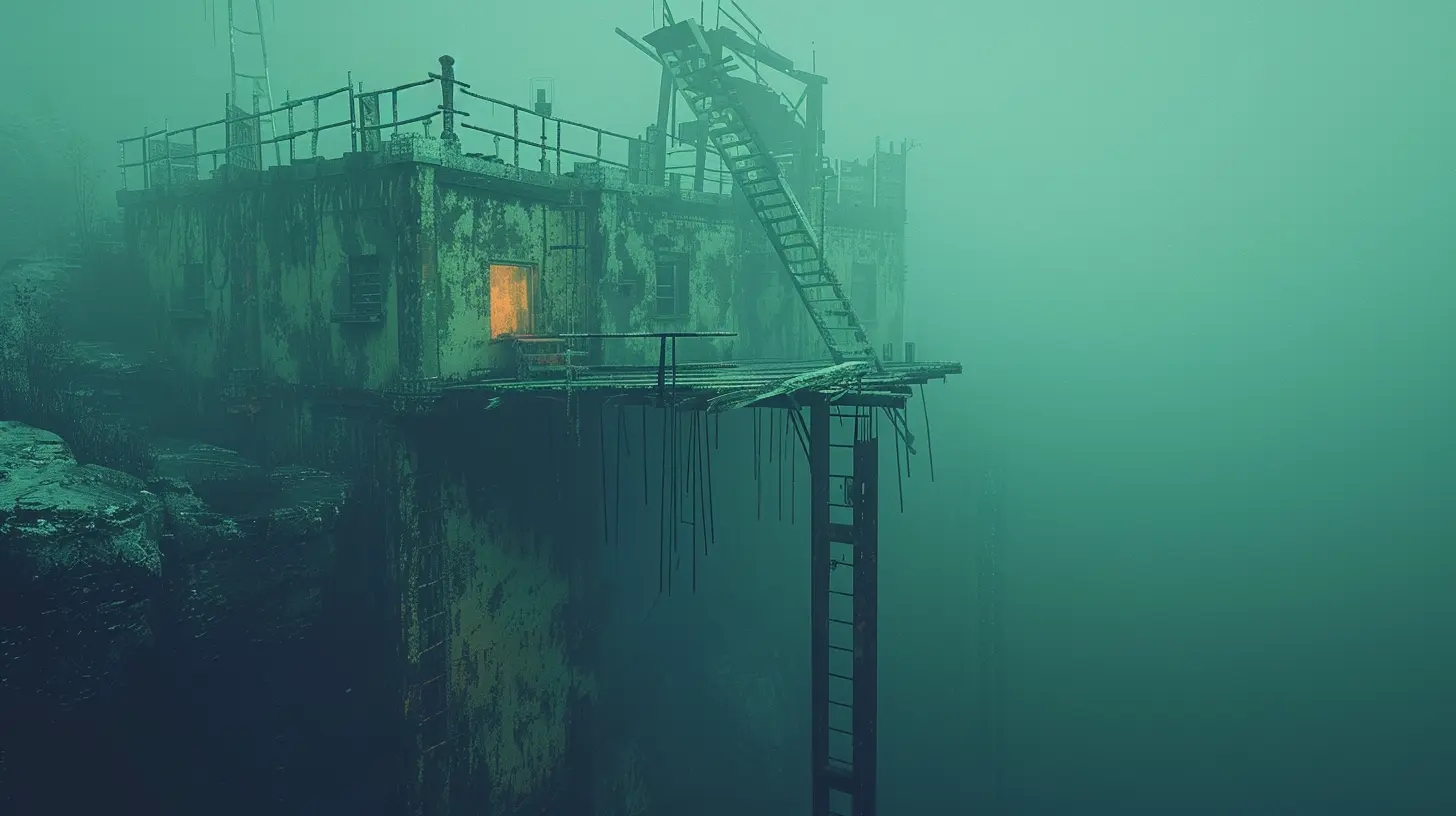
What is Godot?
First things first: what is Godot, really?Godot is a free and open-source game engine developed by a community of contributors, led by core developers like Juan Linietsky and Rémi Verschelde. Unlike the big-name engines backed by billion-dollar companies, Godot is run by passionate creators who want to give developers—especially indies—the tools they need without strings attached.
The engine supports both 2D and 3D game development and comes with a unique scripting language called GDScript, which is kind of like Python’s more game-savvy cousin. And yes, it also supports C#, C++, and even VisualScript for those who prefer to flowchart their logic.
Here’s the magic sauce: Godot is lightweight, incredibly versatile, and it doesn’t come with royalty fees or licensing headaches. You build your game, you publish it, and you keep every penny.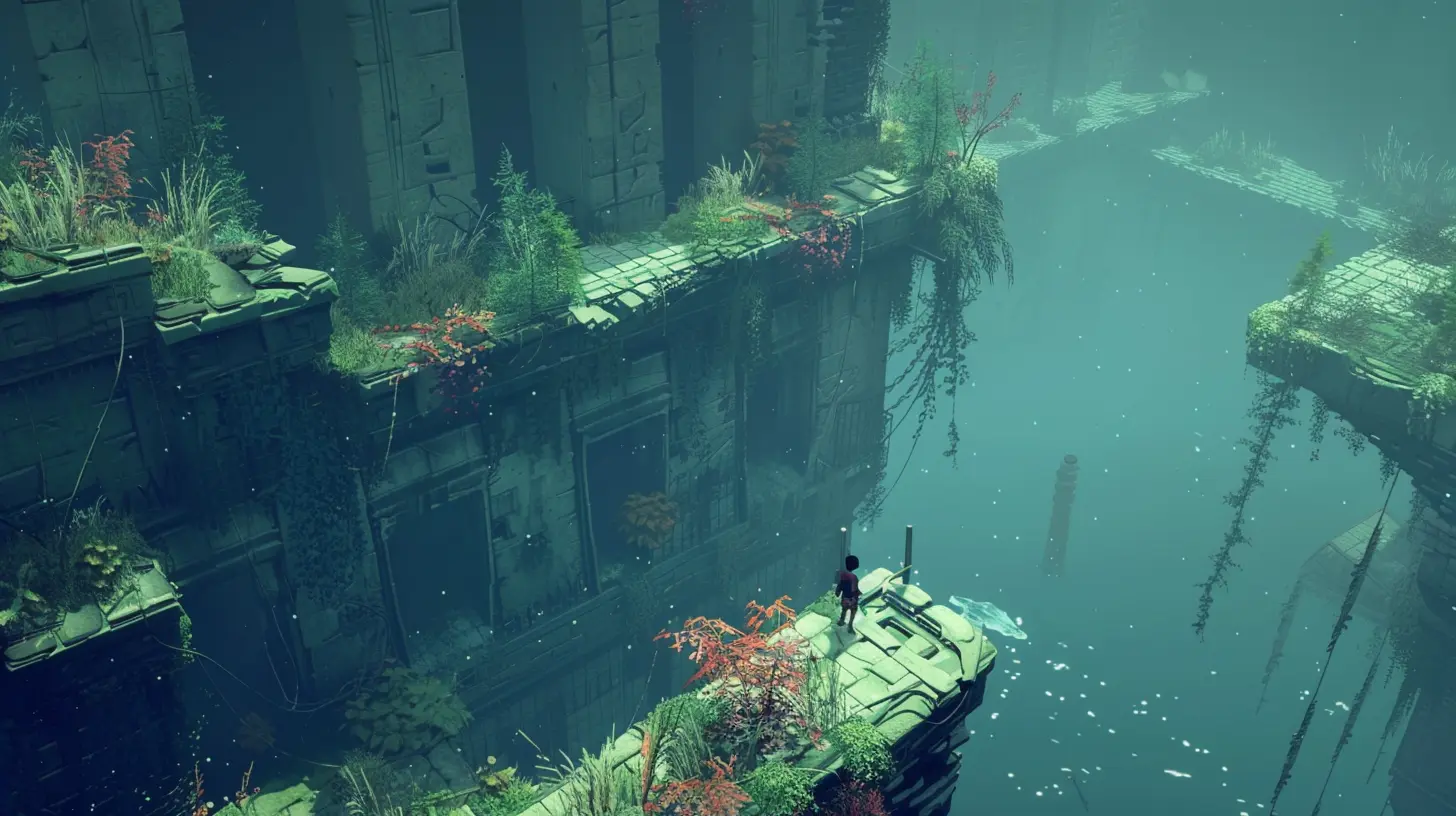
The Indie Scene and Its Unique Needs
Before we get into why Godot fits like a glove, let’s talk about what indie developers are really looking for in a game engine.Unlike AAA studios that have big teams and big money, indie teams are usually small (sometimes a solo dev grinding evening hours), running on tight budgets, and wearing multiple hats. That means:
- They need a tool that’s easy to learn but powerful enough to grow with.
- They want ownership of their projects—no revenue shares or hidden fees.
- They crave flexibility and the ability to tinker under the hood.
- They value a strong, supportive community and solid documentation.
Sound familiar? That’s where Godot truly shines.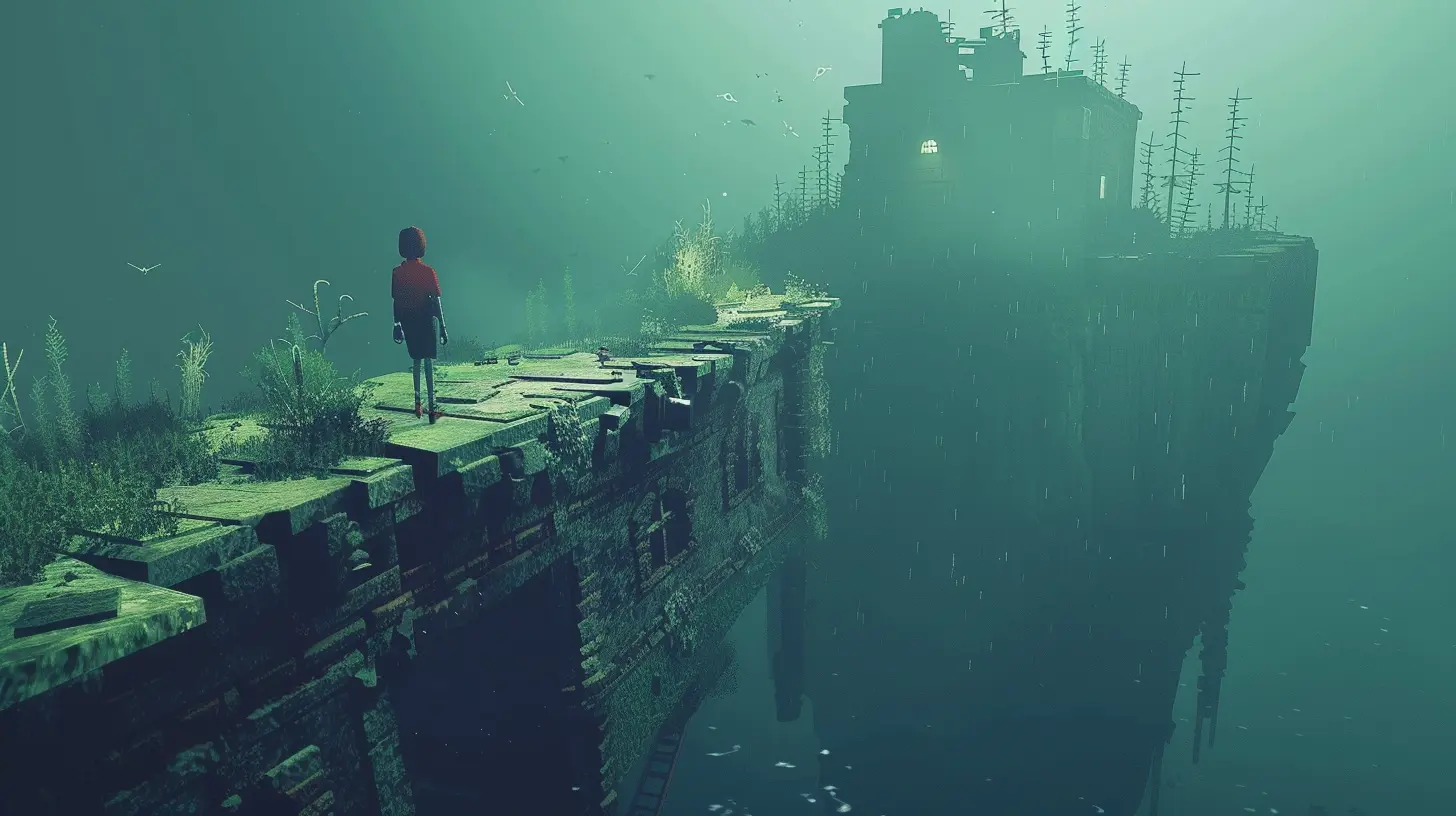
Getting Started is Stupidly Simple
One of the best things about Godot is how fast you can get from installing the engine to seeing something move on the screen. Seriously—download the engine file (it's tiny), unzip it, click the .exe, and you’re in. No installers, no bloated launchers, no 10-minute boot-up sequences.For newbies, the UI is neat and intuitive. And thanks to its node-based system, building a game feels a lot like snapping together LEGO bricks. Need a control system? Add a node. Want a text box? Drop in a node. It’s all modular, clean, and super beginner-friendly.
Compare that to Unity, which now requires you to jump through account hoops, install the massive Hub, and deal with licensing prompts just to open a project. Godot wins hands down in reducing friction.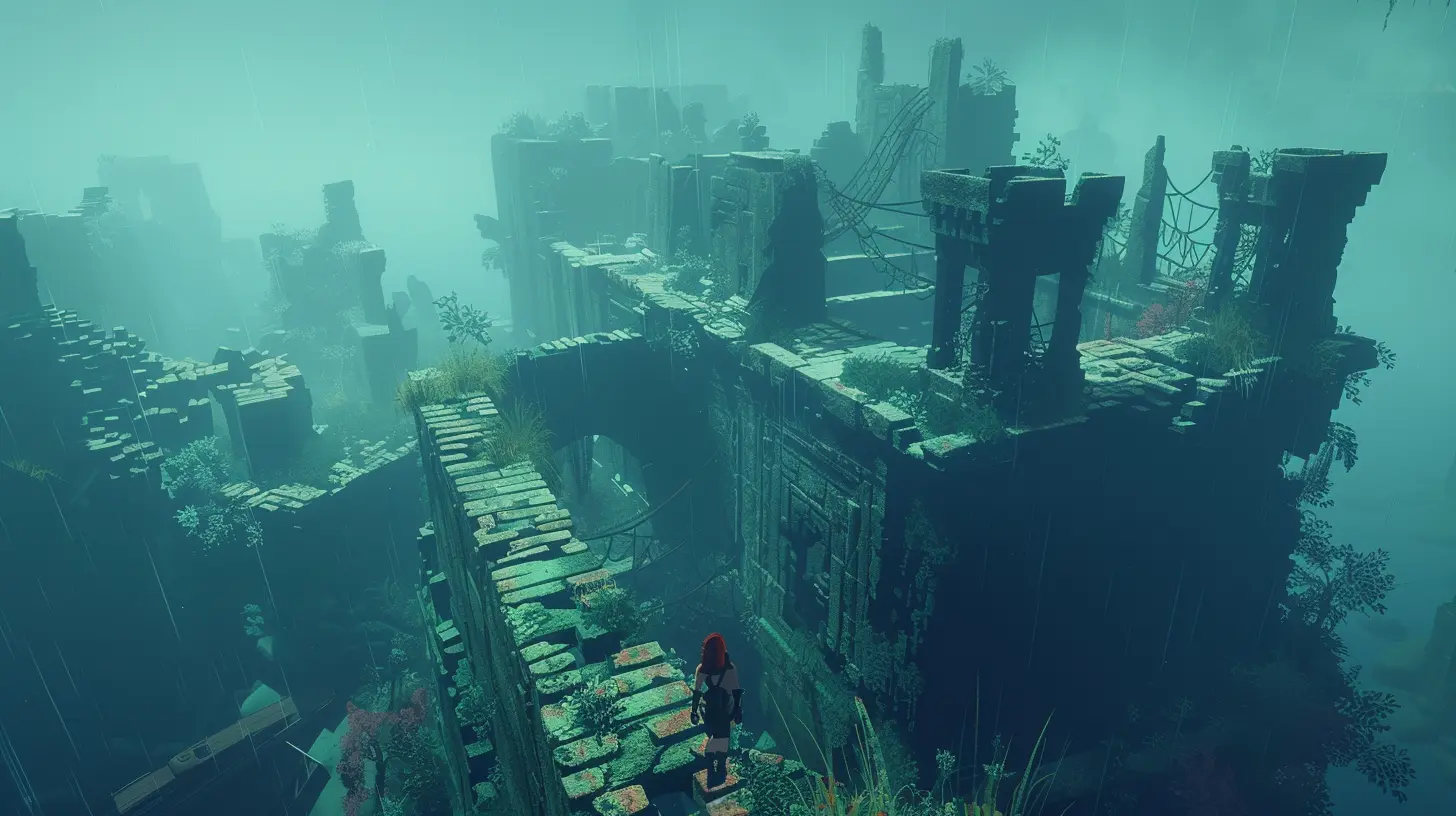
It’s Completely Free—and That’s Not a Catch
Let’s talk turkey: money matters, especially for indies.Godot is 100% free. No subscriptions. No royalty fees. No revenue thresholds. Nada. You don’t have to split your hard-earned Steam revenue with anyone. You build a game, sell it, and keep all the profits.
That’s a massive deal. Engines like Unreal Engine take royalties once your game starts earning. Unity recently came under fire for controversial licensing changes. But Godot? It’s open-source, MIT-licensed, and belongs to the users.
And because it’s open-source, you can actually dig into the source code, customize the engine, or even build your own version of it if you’re feeling adventurous. Try doing that with a closed-source engine.
GDScript: Writing Code That Just Makes Sense
If you’re a programmer—or even just getting into coding—Godot’s scripting language, GDScript, is a dream come true.Think of GDScript as the love child of Python and Lua. It’s easy to read, forgiving to beginners, and tailor-made for game logic. It strips away the clutter and lets you focus on the "what" rather than the "how."
Here’s a taste:
gdscript
func _ready():
print("Hello, world!")
Simple, right? You don’t need to import a ton of libraries or mess with boilerplate. It just works.
And if you prefer something else, Godot has your back. C
fans can use their favorite language. Hardcore devs can go low-level with C++ or turn to VisualScript for a more visual way of coding.
A 2D Powerhouse (With Solid 3D Chops Too)
Let’s be honest: most indie games are 2D, and Godot excels in 2D like a fish in water. It’s not just “capable”—it was built with 2D as a first-class citizen. That means pixel-perfect rendering, lighting, physics, and animation tools that are chef’s kiss.Whether you're making a retro platformer, a top-down RPG, or a stylized visual novel, Godot’s 2D tools are incredibly powerful and easy to use.
But don’t sleep on its 3D capabilities either. With versions 4.0 and beyond, Godot’s 3D rendering engine has gotten serious upgrades—real-time global illumination, Vulkan support, and improved physics make 3D more viable than ever.
It’s not Unreal-level cinematic fidelity (yet), but for stylized or lightweight 3D games? Absolutely solid.
Cross-Platform Publishing is a Breeze
Made a game in Godot? Great—now where do you want it to go?Windows? Check.
macOS and Linux? Yup.
HTML5? You bet (great for web demos).
Android and iOS? Totally doable.
Consoles? A bit trickier, but possible with third-party tools or studio licenses.
Godot is seriously flexible when it comes to deployment. You can export your games to multiple targets right out of the box. No extra fees, no special installs. You can even tweak export settings to optimize performance for each platform.
The Community is Like a Warm Blanket
Let’s not forget one of the biggest secret weapons in Godot’s arsenal: the community.Since the engine is open-source, the community isn’t just a group of users—they’re co-creators. You’ll find tons of helpful forums, Discord servers, GitHub discussions, subreddits, and YouTube tutorials made by people who genuinely want to see each other succeed.
Stuck on something? Someone’s probably written a blog post about it. Want to add a feature to the engine? Submit a pull request. Have an idea for a plugin? The Asset Library is packed with free tools, scripts, and add-ons to supercharge your project.
It’s not just about technical help—it’s about being part of something bigger. And trust me, that’s rare.
A Forward-Thinking Roadmap
What’s next for Godot? The engine is evolving fast. With each major version, it continues to bring features that rival the big engines—only without the corporate baggage.Here are a few things on the horizon:
- Improved performance with Vulkan rendering
- Better 3D lighting and shadows
- Enhanced animation tools for both 2D and 3D
- Streamlined workflow improvements
- More support for mobile and VR
The team behind Godot is transparent about development goals, releases frequent updates, and listens to the community. It's refreshing to see a tool that's being built with developers, not just for them.
Real Games Made with Godot
Still skeptical? Think nobody’s making “real” games with Godot?Think again.
Here are a few standout titles built with the engine that prove it’s not just a hobbyist’s toy:
- Cassette Beasts – A polished RPG that mixes exploration and monster fusion battles.
- The Garden Path – A dreamy, wholesome life sim with stunning visuals.
- Kingdoms of the Dump – A retro-style RPG that had a successful Kickstarter run.
These games have style, depth, and polish—and they were all made using Godot. That should tell you something.
Should You Use Godot for Your Next Game?
If you’re an indie developer, hobbyist, or just someone who wants to mess around with making games, Godot should absolutely be on your radar.It’s beginner-friendly but deep. It’s powerful but lightweight. It’s open-source and yours to shape. Whether you want to whip up a prototype or launch a full-blown commercial game, Godot gives you the tools without the chains.
The learning curve is gentle. The community is kind. The engine is evolving every day.
So yeah, it’s easy to see why Godot is the darling of the indie scene right now.
It’s not perfect—no engine is—but it’s doing something special: it empowers creators.
Final Thoughts
Godot is more than just a game engine. It's a philosophy. It represents freedom, creativity, and community. For indie developers who wear all the hats, it's a breath of fresh air in an industry that often prioritizes business over artistry.If you haven’t tried Godot yet, maybe it’s time to take the plunge. Fire it up, make something weird, and see where it takes you.
After all—*what have you got to lose?
all images in this post were generated using AI tools
Category:
Game EnginesAuthor:

Avril McDowney
Discussion
rate this article
1 comments
Davina McTavish
Godot empowers creativity; perfect for indie developers!
October 16, 2025 at 4:37 AM

Avril McDowney
Thank you! Godot truly fosters creativity and innovation, making it an ideal choice for indie developers.
